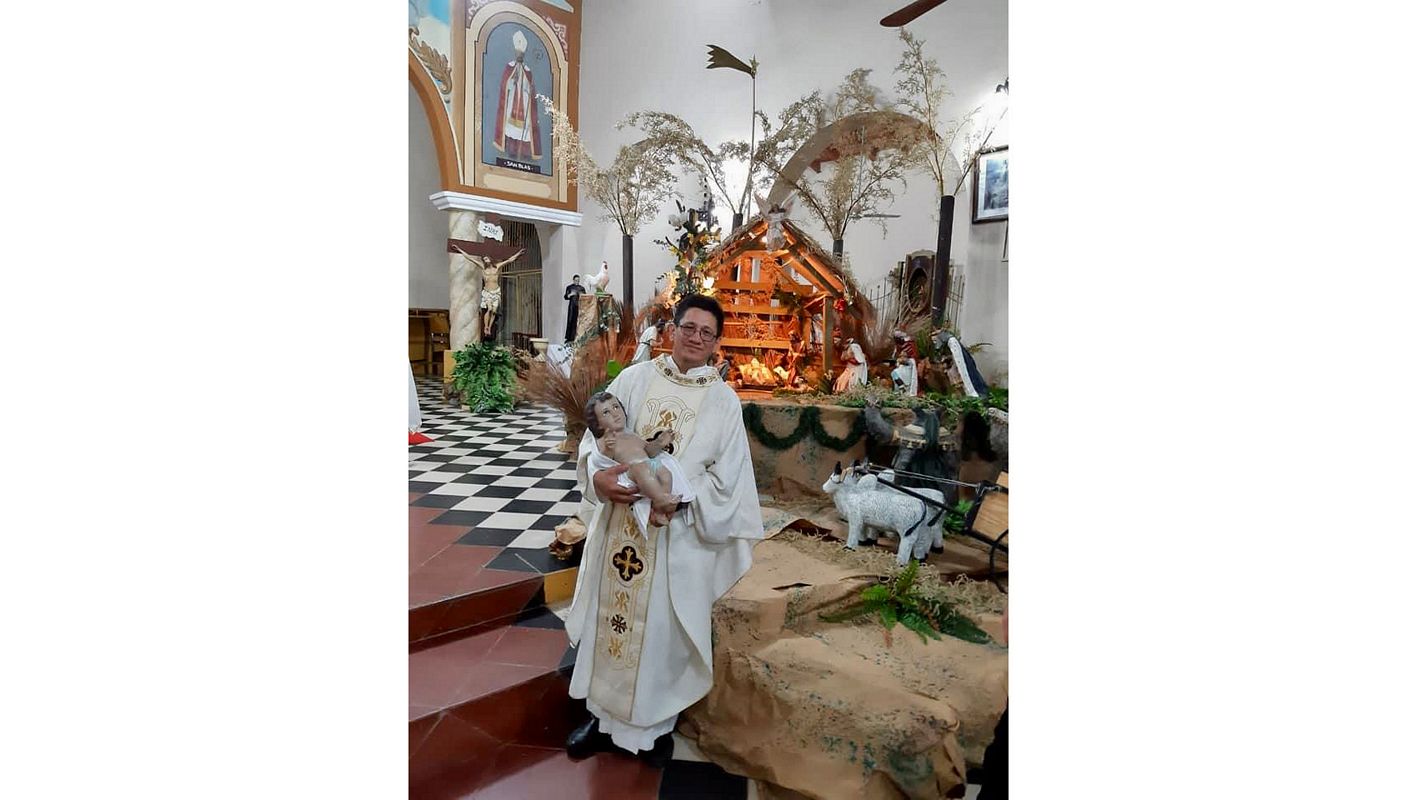Reading time: 3 min.
South Africa, officially the Republic of South Africa, is a multicultural country, one of the few countries in the world with 11 official languages spoken by many ethnic groups. It is a country that has suffered for more than 40 years from racial segregation, which was instituted in 1948 by the country’s ethnic white government and remained in force until 1991. Called apartheid, it was a racially segregated policy that was officially condemned by the United Nations in 1973, when it declared apartheid a crime against humanity.
Today, many years later, blacks, whites, mestizos and Asians live together, although segregationist mentalities can still be felt. Some 20 years ago, a Paraguayan Salesian, Fr Alberto Higinio Villalba, now provincial economer and rector of the Salesian house in Johannesburg, arrived in this country as a missionary. We asked him to tell us a little about the realisation of his missionary dream.
I was born in Asunción, the capital of Paraguay, a small country in South America, surrounded by Argentina, Brazil and Bolivia. I come from a family of six children, three boys and three girls. I am the second son. My whole family is in Paraguay; my parents are still alive, although with some health problems related to their age. The desire to become a missionary came long ago, as a young man, together with the Salesian Youth Movement, when I went to do apostolate in villages and suburban stations, helping children with catechesis and in oratory activities. Then, when I was a Salesian pre-novice, I met a Spanish priest, Fr Martín Rodríguez, who shared with me his experience as a missionary in the Chaco Paraguayo: at that moment the desire to become a missionary was strengthened.
But it was thanks to the Rector Major Fr Vecchi that I decided to leave: his missionary appeal to all the provinces appealed to me and, talking with my Provincial, Fr Cristóbal López, today Cardinal and Archbishop of Rabat, I decided to take part in the 2000 missionary expedition.
Of course, it was not easy. From the beginning I encountered several cultural shocks that I had to overcome with patience and commitment. Before arriving in Africa, I was sent to Ireland to learn English: everything was very new to me, very challenging. Once I landed in South Africa, there was no longer one new language I did not understand, but many more! In fact, South Africa has eleven official languages and English is only one of them. On the other hand, the Salesians’ welcome was very warm and kind.
I always say that to become a missionary you don’t need to leave your country, culture, family, and everything else. To be a missionary means to bring Jesus to people wherever we are; and we can do this in our families, in our communities, where we work. However, becoming missionaries “ad gentes” means responding to the generosity of God who shared his Son with us through the missionaries who evangelised our continents, and to the generosity of Don Bosco who sent his missionaries to share the Salesian charism with us. If there have been so many people who have left their countries and cultures to share Christ and Don Bosco with us, then we too can respond to that love and kindness to share the same gifts with others.
Speaking of Southern Africa, the Southern African Vice-Province includes three countries: South Africa, where the Salesians arrived in 1896, the kingdom of Eswatini (arrived 75 years ago) and the kingdom of Lesotho. Many changes have taken place over the years: we have moved from technical centres to schools, parishes and now projects. Currently we have seven communities, most of them with some parishes and training centres or oratories attached to the communities.
Having been in Africa for more than 20 years now, I would say that the best experience of my Salesian life was in Eswatini, working for Manzini Youth Care. When I was asked to take care of the project, the MYC was in a very difficult financial situation and the organisation had several months’ salary arrears. However, the people working on the projects had never complained and every day they came with the same enthusiasm and energy to do their best to contribute to the lives of the young people MYC was working for.
This is where you can really see the commitment of our lay collaborators and it is a pleasure to work with them.
We want to do a lot, but from a vocational point of view, we are diminishing and we need the help of Salesians who willingly offer to help us spread the Good News and Salesian spirituality here in Southern Africa. Many Salesians and many provinces continue to show generosity, making their human resources available, sending missionaries to our countries of origin. Therefore, we are invited to share the same generosity and hope that it will turn into a spiral of growth. For the sons of Don Bosco, it is a duty to let people know who our father Don Bosco is, and the rich spirituality of the Salesian charism.
Marco Fulgaro

